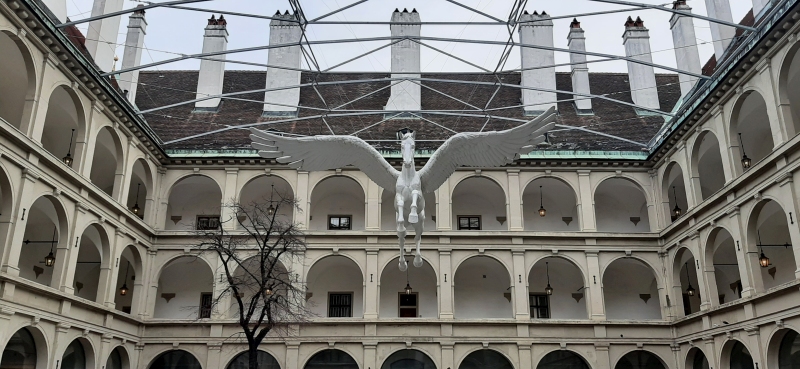When discussing a coaching session with a coachee, chances are high that the coach and coachee will have a different perception of what happened.
And that’s pretty much what one should expect. As I see it, coach and coachee have different roles and objectives.
The coach will do a lot of work that is there to serve the coachee. One could say that the coach’s task is to create circumstances that enable the coachee to feel free. It is there to enable him, in the moment, to share his experience with as little filters as possible. And they serve to enable him to step out of his habitual zone into unknown territory.
The coachee on the other hand is seeking to be able to concentrate on himself. What he looks for is the ability to connect with himself without feeling distracted by expectations or assumptions as to what he should do. In doing so, his job is to move toward his objective and use the coach as support to explore the path towards his objective.
Together they find ways to move in and out of discomfort. The coach may suggest experiments or questions that can lead to discomfort. Whereas the coachee chooses if that path relates to his objective and is one that he feels at ease to move into.
In such a constellation, if the coachee concludes that all the insights are his, it probably is the biggest compliment he can give to the coach. For the coach, this might be disappointing as his contribution might feel dismissed. That is if he can’t figure out how the coachee responded to his interventions.
Naturally, the coach is there to serve the coachee. But to be at his best, he needs to learn from the coachee how his work contributed to the coachee’s insights.


